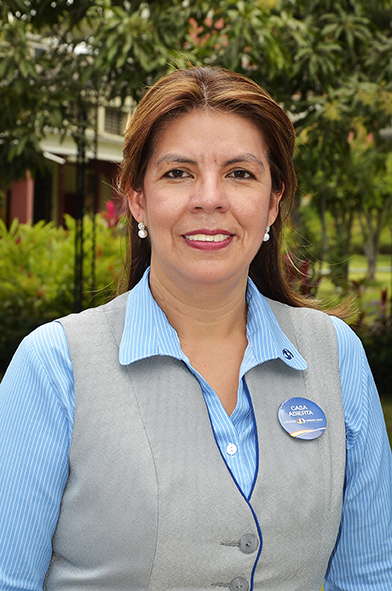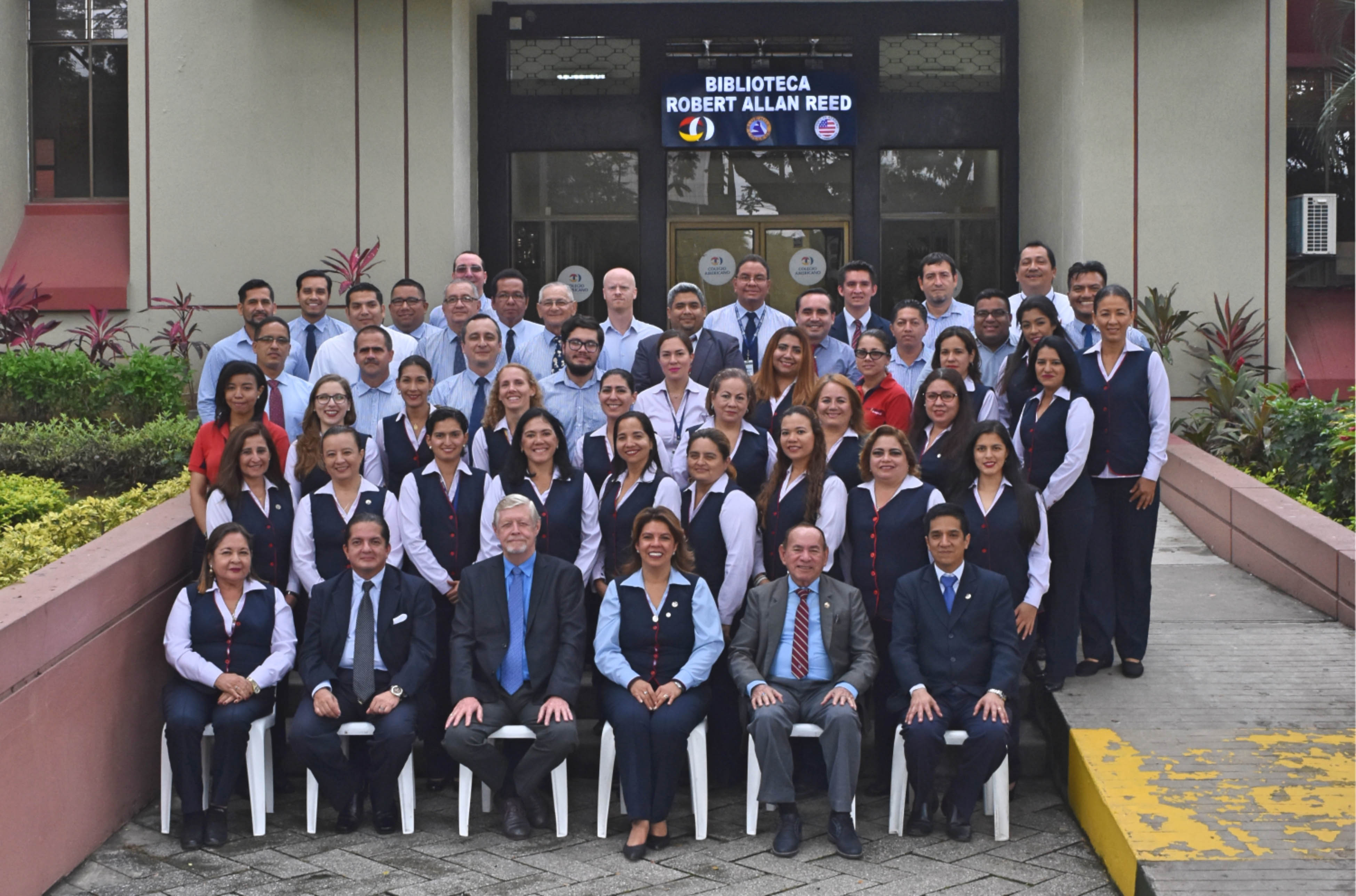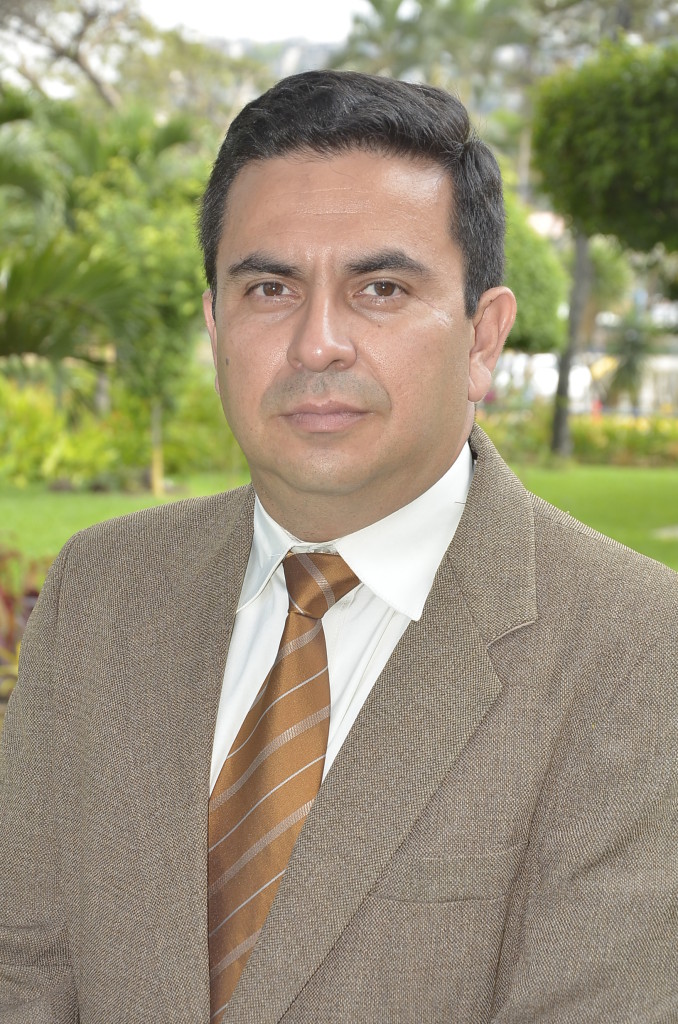Colegio Americano de Guayaquil is an educational community that strives for excellence through the development of spaces where students learn and enjoy various ways of discovering knowledge. And develop the intellectual, personal, emotional and social skills they need to live, learn and work in an increasingly globalized world.
Our student-guided by their teachers-reflect, analyze, discover, infer, investigate, compare and contrast information by submitting projects written and oral form; and encouraging students to develop their skills, making mistakes and correcting by guiding them to take over their knowledge. Young people will discover experiment and explore knowledge that approaches the smart school concept proposed by David Perkins: “The XXI century must strive to apply the knowledge, transferring the acquired knowledge and skills from one context to another different context.”
With this end in mind, along the 6 degrees of General Basic Education and High School, with the guidance of domestic and foreign teachers, students consolidate projects have fairs and cultural weeks; attending events inside and outside the country, reflect values and practice, learn and appreciate other cultures besides their own; participate in artistic and sports activities proposed in clubs. They discover and enhance their skills, abilities and skills to the maximum. These activities motivate our young people to put their knowledge into practice competently and flexibly, adapting and accommodating to changes in the new millennium.
The technological society in which we live is undergoing a continuous dynamic of changes, which allows us to access data and facts. But we must remember that the information is not knowledge; Edgar Faure (1972) stated “We analyze, evaluate, question and argue the knowledge”. The advances of this century put us teachers face into the challenge of educating young people to be critical, bold, thoughtful, principled, independent, creative, managers of their own learning, so that once school is completed they can achieve the following skills set by the National BGU:
Rigorous thinking
Communicate effectively.
Numerical reasoning.
Use reflective and pragmatic technological tools.
Understand Natural reality.
Know and appreciate their history and own social cultural reality.
Act as a responsible citizen.
Manage their emotions in interpersonal relations.
Undertake.
Learn for the rest of his life.
Our commitment is to provide our students with a rich educational unit in experiences that promote the desire to learn beyond the curriculum, researching and discovering new ways to engage their wills and intelligences, to act with flexibility and adaptability to the challenges of life. Directors and teachers of Colegio Americano de Guayaquil believe in a comprehensive educational project, striving for personal and collective achievements, as well as promoting actions that motivate them to achieve the common good.
Children and young people today are educated to meet new and changing situations; parents and teachers hardly know for sure what the conditions of life students will meet in the near future. Therefore, education should enable them to develop divergent thinking, apply meta-cognition, and make an analytical and critical stance to lead them to solve problems, being active participants of their learning.
This goal is only possible if the learner participates under the sole interest of the holistic education of our students.
Lic. Amelina Montenegro de Gallardo
Principal







